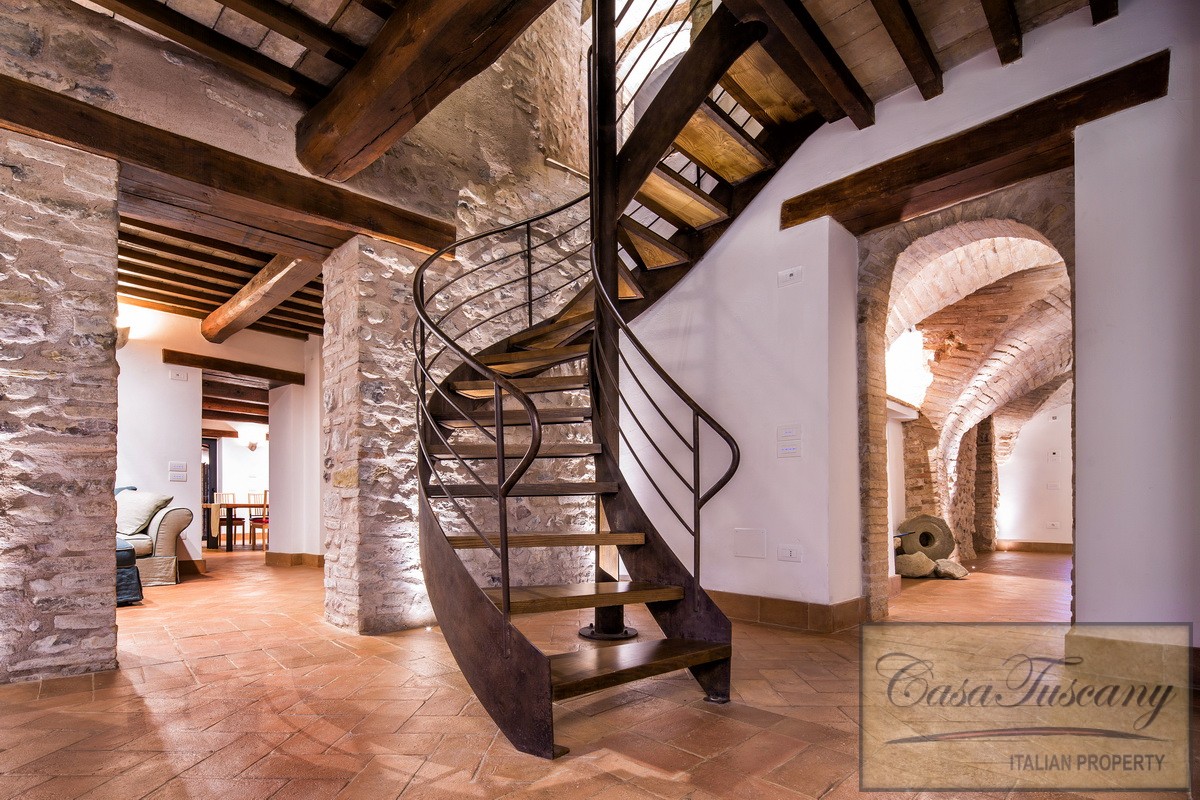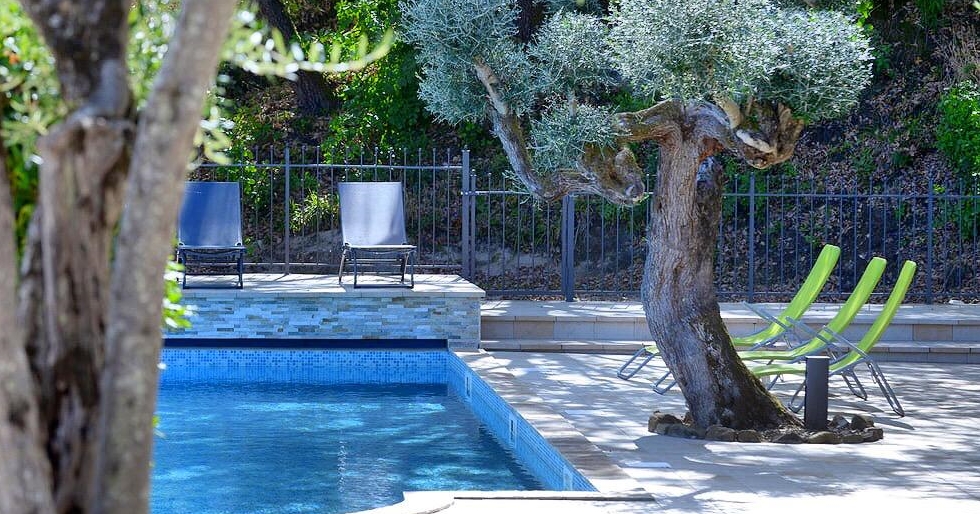There are no restrictions on foreign buyers purchasing property in Italy.
It’s important to remember that almost every sale is different, but this is the general procedure;
1. VIEWING
2. NEGOTIATION of price, sometimes verbally, sometimes more formally with the submission of a formal offer, or a proposta irrevocabile d’acquisto.
If you see a property you love and don’t want to risk losing it, perhaps because you need time to organise the 30% payable at compromesso (see below) you can immediately sign a PROPOSTA IRREVOCABILE D’ACQUISTO – an irrevocable purchase agreement – which is signed by buyer and seller when you have agreed the price, and which identifies both parties, the property in question, and gives an expiry date for signing the compromesso (see below) When you sign you pay a small deposit, usually about €2,000 – €10,000.
If you change your mind you will forfeit the deposit, as the owner will have effectively taken the property off the market for a certain period of time. If the sale does not go ahead in the specified date through no fault of your own, then your deposit will be returned to you.
3. COMPROMESSO or PRELIMINARY CONTRACT
This is a legally-binding document which states the agreed sale price, the completion date, the details of the property and the parties, and the deposit to be paid at the signing of this contract. It can vary between 15 – 50% but is usually about 30% of the purchase price. It may also include any other relevant legal details or conditions.
Once this contract is signed and the deposit (caparra) paid, the seller may only back out if he pays DOUBLE the caparra amount to the buyer or should the buyer wish to back out, he will lose his deposit.
The ‘compromesso’ is a standard contract which describes the property as it appears in the land registry. The seller also states that the property is unencumbered by legal or financial liabilities, and would be liable should any arise.
It is a legal requirement that compromessi be registered with the tax authorities. The fees payable for this are 0.5% of the deposit paid as part payment of taxes to the tax office, in addition to registration fees of €168, 3 official stamps of €45, as well as admin fees. The contract is registered for you by the agent.
The agency fees (usually 3% + VAT) are payable at compromesso stage.
4. ATTO NOTARILE/ROGITO
The final contract or ‘l’atto notarile’ is usually signed 1 – 3 months later (the date having been set in the compromesso). It is signed by both parties, the balance is paid and the ownership of the property is officially transferred.
The buyer and the seller are required to be present at the notary’s office for the signing of the notary deed.
If the buyer or seller cannot be present it is possible to arrange a power of attorney which involves signing a document before a notary public in your country and having it legalised. If the buyer wishes to be present but the notary considers that he/she does not speak good enough Italian to understand completely, then the agent or other Italian speaker can sign on the buyers’ behalf.
The purchase taxes and notary fees due are payable when you sign the final contract.
As well as paying the balance for the property, the buyer must also pay:
* PURCHASE TAX – If you are buying from a person the taxes are calculated on the cadastral value, not the market value. The cadastral value can be between 20-50% of the market value. The taxes payable on this value are either 2% (plus various small taxes) if the buyer purchases the property as his first residential home in Italy and applies for residency in the local area, or 9% if the buyer already owns a property in Italy or does not wish to apply for residency. If you are buying from a company, instead of registration tax, VAT is payable. 10% as a non resident, 4% as resident, and in this case the VAT is calculated on the agreed sale price, not on the cadastral value. There are other circumstances where taxes are different, eg if you are buying a farm. We will provide a notary quote in all cases.
For more information on taxes please see the FAQ.
* NOTARY FEES – only the buyers pay the notary fees. Approx 1-2% of the value of the property.
* TECHNICAL ASSISTANCE – SURVEYOR’S REPORT Typically €600 – €700 plus vat. The geometra (like a surveyor) will check all the documents for the house are up-to-date and legal, that buildings have fully registered title and that the house complies with planning regulations and will present his report to the notary for the completion of the sale. Please note this is not the fee for a structural survey. It is of course also possible to have a structural survey carried out.
* TRANSLATOR/INTERPRETER If you do not speak Italian (to a standard well enough to understand legal contracts) then you will need a translator/interpreter to be present at the signing of the notary deed. Costs vary widely but are usually between €200 – €350 plus vat.
RUNNING COSTS
Annual Taxes – TASI (formerly IMU and ICI) is an annual local council tax determined by the size and quality of the property. (PAYABLE TWICE A YEAR IN JUNE AND DECEMBER)
Refuse tax – payable in 4 installments or all at once if your prefer.
Utilities – electricity, water, gas/oil etc for heating, phone etc
Condominium fees – if you buy a property which is part of a group of properties which share some communal areas – gardens, driveway, swimming pool, tennis court etc. then you will be required to pay condominium expenses. They vary as to the type and size of communal areas on the property.
The easiest way to pay most of these is by direct debit or online or via a property manager, although some you will need to pay at the post office.
PLEASE NOTE: in order to purchase a property in Italy you will need a ‘codice fiscale’ – a tax code. We can obtain this for you.
We can also advise on how utility contracts can be transferred to you, usually by referring you to a property manager who will carry out this service for a fee (usually about €200) and work with local architects, planners and many trusted and qualified professionals should you be thinking of renovating/ updating your home. Building work in Italy usually involves many ‘permessi’ – permits and we can assist you in making sure all your plans come to fruition as smoothly and as quickly as possible.
For lots more information about purchasing please see the FAQ – HERE



